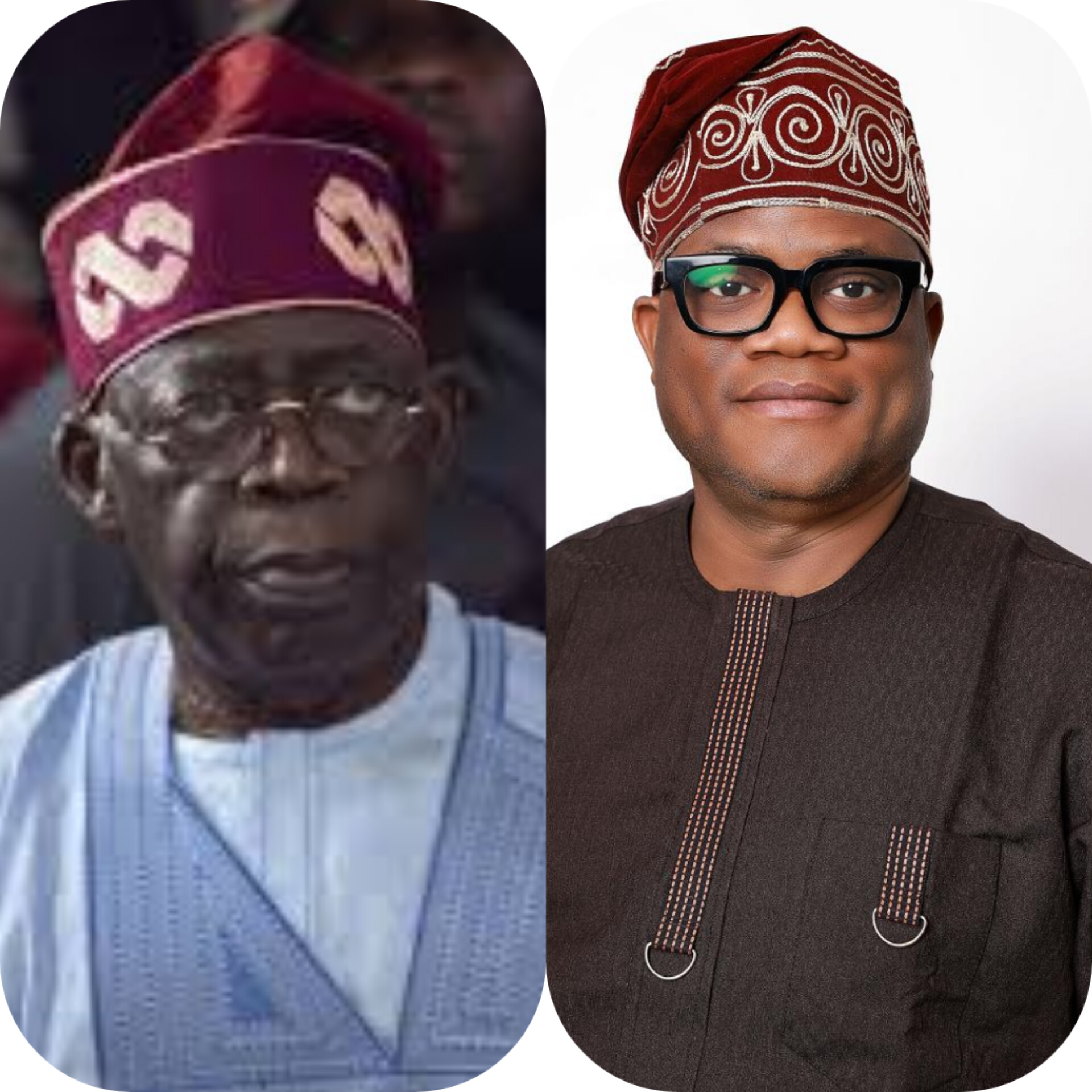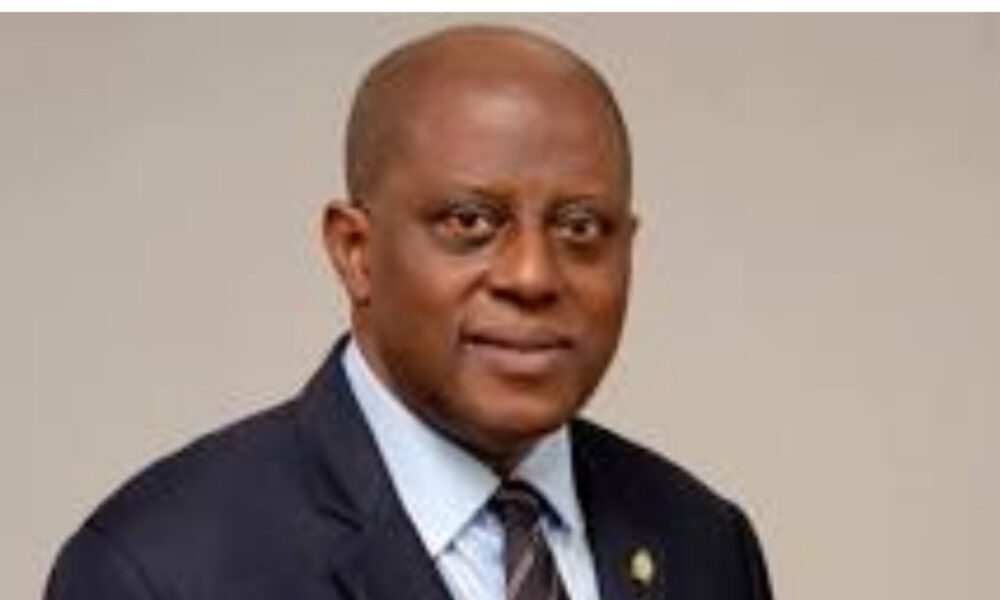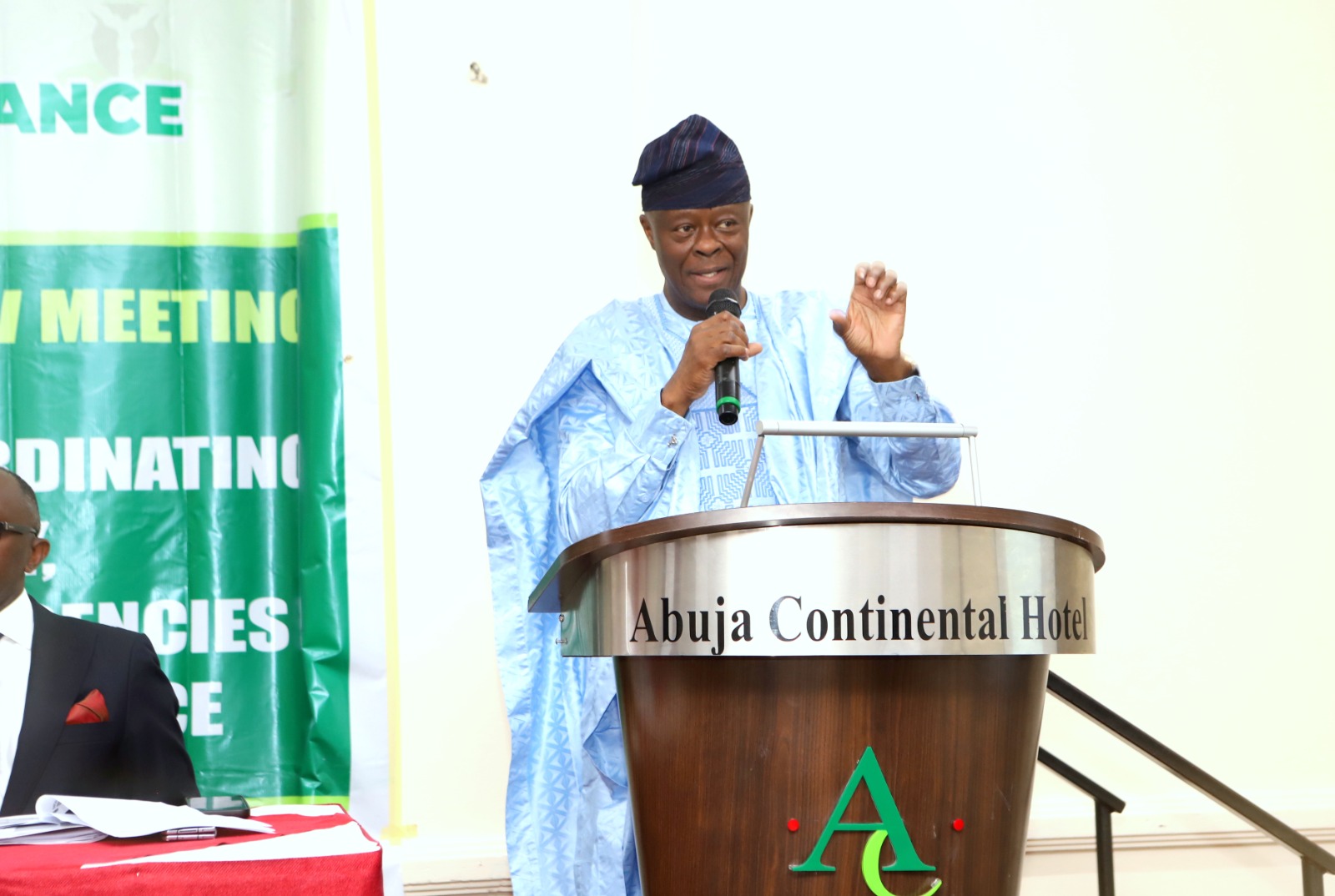***Says billions in investments anticipated as arilines resumes
***Hails Aviation minister, Keyamo for being proactive over the issue
President Ahmed Bola Tinubu’s diplomatic moves that resolved the consular and economic relations with President of the United Arab Emirates, Mohamed bin Zayed Al Nahyan, in Abu Dhabi, is a masterstroke that will usher billions of investments in to the country, the CEO of the Africa Development Study Centre (ADSC), Ambassador Victor Walsh Oluwafemi has indicated.

To start with he said, the move he said resulted in the immediate cessation of the visa ban placed on Nigerians.
Recall that the impasse was very much in force before President Tinubu emerged as the Nigerian number one citizen last May.
Ambassador Victor Oluwafemi who is a seasoned management consultant of continental level applauded the president on the landmark in a statement he personally signed on Tuesday.
He explained that the development which banned Nigerian travelers nine months ago took a new twist after President Tinubu met with the UAE leader and this has led to the immediate resumption of flight schedules for both Etihad Airlines and Emirates Airlines into and out of Nigeria which is welcoming and salutary.
Mainly Instructive in his view is adding momentum to his drive to give greater investment opportunities to Nigerians at home and the diaspora.
He reiterated that President Tinubu is the first Nigerian Politician that has deliberately prepared himself for authentic leadership because of his uncommon supports for the Nigerian people since assumption of office particularly in foreign policy interventions and domestic governance ecosystem in the last 100 days.
According to him, the significant gesture in boosting Nigeria-UAE cooperation economically and geopolitically is second to none in the political history of Nigeria.
He stated that an economically stronger Nigeria would certainly help augment both the scope and level of cooperation between Nigeria and the UAE. The trade volume between the two sides will increase beyond our imagination.
He, therefore, appealed to other political parties and strategic stakeholders in the Nigerian project to engage with the Tinubu led administration to chart a pathway to national building efforts for shared prosperity particularly from the several billions of U.S. dollars’ worth of foreign direct Investments and new trade portfolios into the Nigerian economy across different sectors which is a sweet smelling savour for a new national rebirth.
Ambassador Oluwafemi also hailed Aviation minister, Festus keyamo, SAN for being proactive over the UAE debacle.
He said: “Within such a short period the aviation minister has proven to Nigerians that his administrative capabilities are not in doubt.
“Definitely the UAE issue was acidic but Keyamo pulled it through barely three weeks in office as minister.
“His moves at the airports particularly in the major gateways of our country are laudable,”.
Victor, who’s also the President of the African Air Passengers Rigth Association (APRASS) and a UAE resident, thanks the UAE President for resolving the issues swiftly and the Minister of Aviation for being proactive on this issue and the airport relocation.
He commended him and advised the association should be involved in the ministry’s activities especially the current committee that was set up because the airline users are the major stakeholders in all activities concerning the airport and the airlines.




